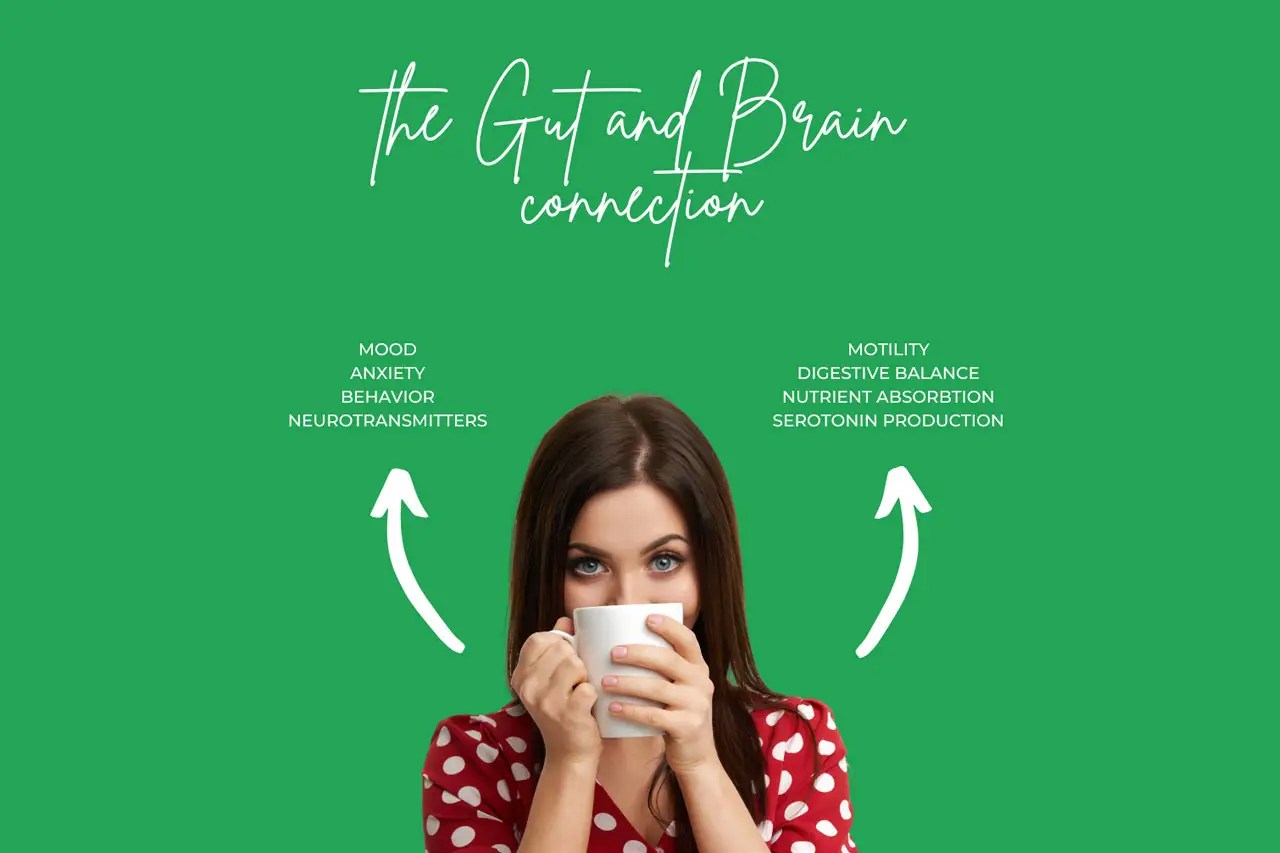Who doesn’t want to live a long, vibrant life? While genetics play a role, your daily choices—what you eat, how you move, and how you manage stress—can have a profound impact on your lifespan and quality of life. Functional nutrition focuses on addressing your body’s unique needs to optimize health and longevity. Here’s how you can start today.
1. Build a Longevity-Focused Plate
Your diet is one of the most powerful tools for longevity. A nutrient-dense, anti-inflammatory approach can help protect your cells, reduce disease risk, and maintain energy levels.
- Prioritize Whole Foods: Fresh vegetables, fruits, nuts, and seeds provide essential vitamins, minerals, and antioxidants.
- Incorporate Healthy Fats: Foods like avocados, olive oil, and fatty fish (rich in omega-3s) support brain health and reduce inflammation.
- Choose Lean Proteins: Opt for high-quality proteins like free-range chicken, wild-caught salmon, and plant-based options like lentils or quinoa.
- Limit Processed Foods: Minimize sugar and ultra-processed items that lead to oxidative stress and inflammation.
What NOT to Do for Longevity
- Rely on Processed Foods: High-sugar, high-sodium, and trans-fat-laden items accelerate aging by increasing inflammation and oxidative stress.
- Skip Vegetables: A lack of nutrient-dense plant foods deprives your body of critical antioxidants and fiber.
- Ignore Portion Sizes: Overeating—even healthy foods—can contribute to metabolic stress and weight gain.
2. Stay Active, Stay Young
Regular physical activity not only keeps your body strong but also slows down the aging process.
- Incorporate Strength Training: Building muscle supports metabolism and protects bone density.
- Prioritize Movement Throughout the Day: Short walks or standing stretches reduce the negative effects of prolonged sitting.
- Find Joy in Activity: Choose something you love, whether it’s yoga, cycling, or hiking.
What NOT to Do for Longevity
- Be Sedentary: Sitting for long periods increases the risk of chronic diseases and weakens muscles.
- Overtrain: Extreme exercise without adequate recovery can lead to injuries, stress, and faster cellular aging.
- Skip Rest Days: Recovery is just as important as the workout itself.
3. Master Stress Management
Chronic stress accelerates aging by impacting hormonal balance and causing inflammation.
- Practice Mindfulness: Techniques like meditation, breathwork, or journaling can reduce cortisol levels.
- Get Enough Sleep: Aim for 7-9 hours of restorative sleep to allow your body to repair and recharge.
- Create Connection: Strong relationships and social bonds have been shown to increase lifespan.
What NOT to Do for Longevity
- Ignore Sleep Hygiene: Poor sleep quality accelerates aging and weakens immunity.
- Over-consume Caffeine: Too much coffee can disrupt sleep and increase anxiety.
- Neglect Stress Relief: Chronic stress without management strategies can lead to burnout and systemic inflammation.
Take Control of Your Longevity Today
Want a personalized approach to living a longer, healthier life? Schedule a consultation to explore functional nutrition strategies tailored to your unique needs. It’s never too late to invest in your future self.


